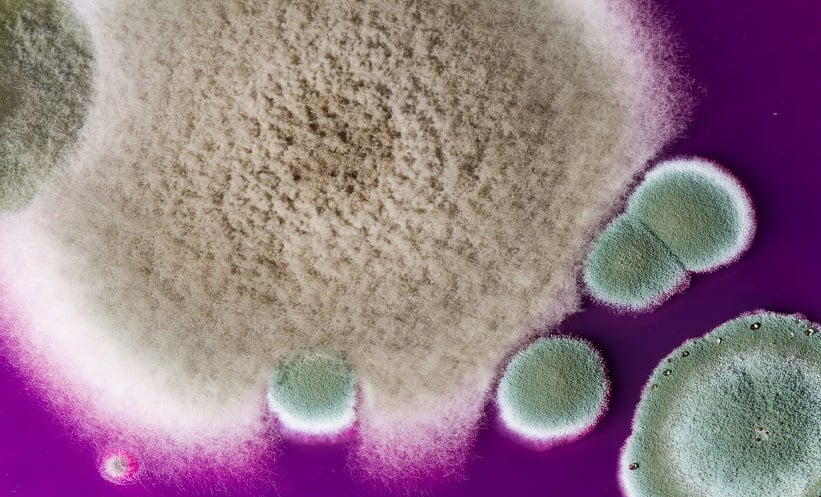A major new study has identified critical factors that increase the risk of invasive fungal infections (IFI) in adults with blood cancers and those undergoing haematopoietic stem cell transplantation (HSCT). The findings, based on a systematic review and meta-analysis of 69 studies encompassing 2,917 IFI cases, provide important insights that could improve prevention and treatment strategies for these potentially life-threatening infections.
The study analysed data from 12,624 references and pooled results from 20 high-quality studies. It found that patients who had previously undergone allogeneic HSCT faced more than a threefold increased risk of IFI. This risk was particularly elevated for those who received stem cells from haploidentical donors, partially matched relatives, highlighting the challenges of immune recovery in this group.
Other major risk factors included acute graft-versus-host disease (aGvHD) of grade 2 or higher, use of corticosteroids, and treatment with T-cell depleting agents. These factors all compromise the immune system further, making patients more vulnerable to fungal infections.
Crucially, the study confirmed that antifungal prophylaxis significantly reduced the risk of IFI, lowering the odds by 80%. This underscores the importance of preventive antifungal treatment in high-risk patients.
Reference
Gras E et al. Risk factors for invasive fungal infections in adult patients with hematological malignancies and/or stem cell transplant: a systematic review and meta-analysis. Scientific Reports. 2025;15:30724.








